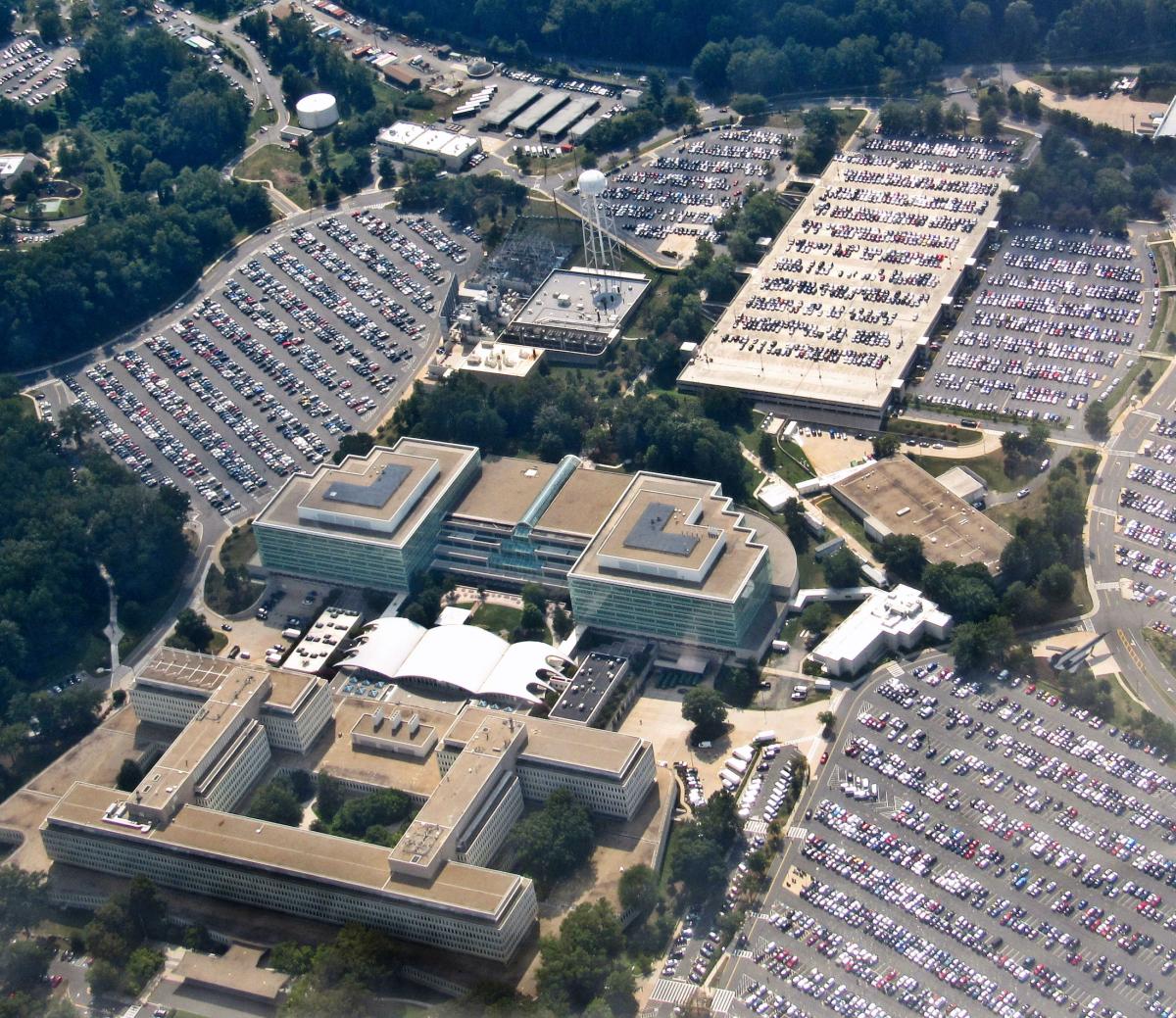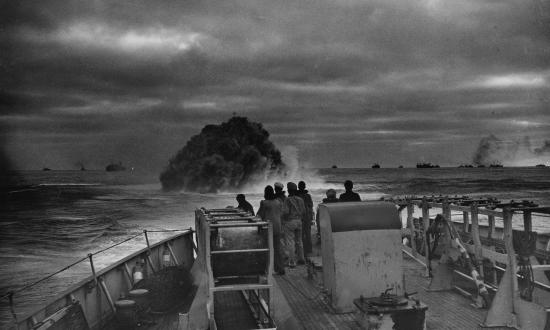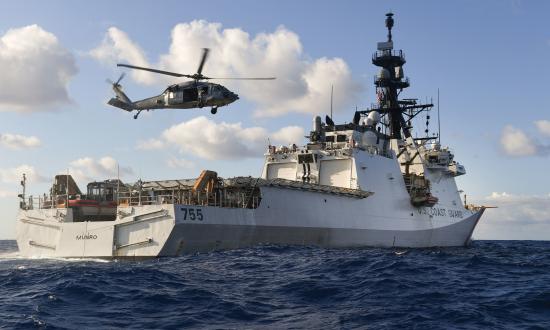In 2008, the Coast Guard entered into a Memorandum of Understanding (MOU) with the Navy allowing a few Coast Guard members the opportunity to attend Basic Underwater Demolition/SEAL (BUD/S) training, which is the Navy’s gateway to the SEAL program. The initiative, which ended quickly after its inception in 2011, attempted to build unique competencies within Coast Guard ranks in the service’s burgeoning Deployable Specialized Forces (DSF) community as a response to post-9/11 maritime security demands.
While this particular program was short-lived because of an overarching lack of direct benefit to the Coast Guard, it provided the service insights and access into special operations that influenced tactics and training development within the DSF. Similar MOUs and exchange programs continue to foster growth in Coast Guard expertise and innovation, allowing the Coast Guard to influence the operating environment to its benefit. The Coast Guard’s boutique core capabilities and broad statutory authorities present ripe opportunities for the service to grow its footprint in other government agencies in a joint effort to advance national security missions.
For example, the Coast Guard and the Central Intelligence Agency (CIA) would both benefit from a robust exchange program, including military billets to the Agency and joint duty assignment (JDA) positions for CIA officers assigned to the Coast Guard. While the layperson may mistakenly define the Coast Guard’s mission as purely centered on defending the homeland, in reality, the Coast Guard is engaged in far-reaching efforts that directly impact global economic security. Increasing cooperation between the two agencies would offer Coast Guard personnel access to Intelligence Community elements of national power that advance the security interests of the United States around the world.
Following a tour at the CIA, Coast Guard personnel would be able to provide an invaluable perspective of the national security process that would pay dividends for advancing the service’s relevance under its core missions. Similarly, Coast Guard JDA positions would benefit CIA officers with a unique “in-house” lens to view the global maritime transportation system, which moves 90 percent of the world’s commerce, through the Coast Guard’s military, customs, law enforcement, and intelligence authorities.
With a small, agile workforce trained in multimission operations, the Coast Guard produces exceptionally skilled officers and enlisted personnel capable of executing complex maritime safety and security operations, including the protection and regulatory oversight of the nation’s economic lifeblood—the maritime transportation system. Moreover, an exchange opportunity with the Agency should not just be limited to Coast Guard Intelligence professionals. Opening the aperture to include personnel with expertise in maritime law enforcement and international maritime policy would provide a diversifying and exciting tour for any highly skilled members and a strong foundational understanding of the national security apparatus that will only help the service develop more astute, aware, and informed leaders.
Naturally, the overlapping missions of the Coast Guard and the CIA, such as U.S. efforts to curb worldwide narcotic production, transport, and precursor material movement, is a line of effort ready for enriching. In addition, the Coast Guard should ensure senior representation within the CIA’s Office of Military Affairs. Consistent representation from a senior officer, either full time or as a collateral duty, would increase parity with the other military services’ presence and provide a willing customer with valuable operational and national security insights as they relate to the Coast Guard’s core competencies and mission areas.
Like a business, the Coast Guard pursues smart growth, value, and relevance in an ever-changing national security (and budgetary) landscape. This modest recommendation could provide exciting long-term gains for the world’s best Coast Guard—a Coast Guard that has evolved and strengthened national security since the birth of this great nation.





